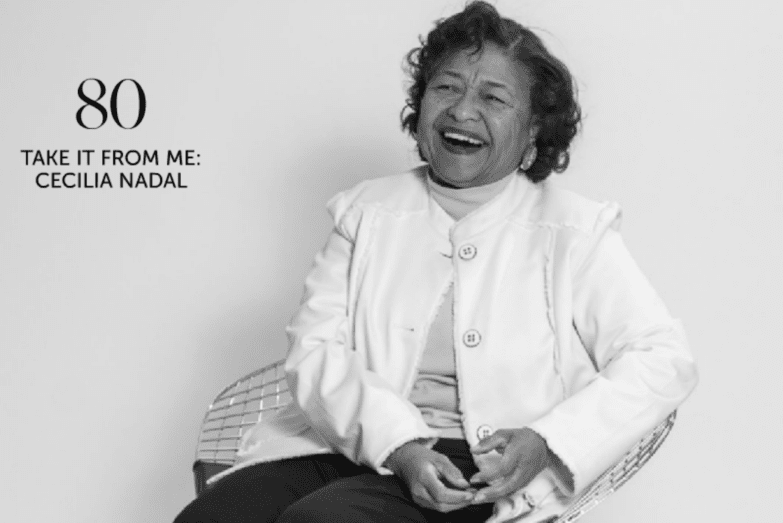It is no wonder that Cecilia Nadal has dedicated her life’s life work to encouraging cultural diversity.
If you were to list all the ethnicities on her family tree, it would take a forest. Her heritage includes Afro-Puerto Rican, Irish, Cherokee, Moorish, French and African-American. Add to that her experience as an Air Force “brat” living in 12 states and four countries, and you see how she grew to appreciate and understand people from different backgrounds.
Nadal earned her master’s degree in sociology from Webster University, and completed the course work for a Ph.D. at Saint Louis University, but decided it was more important to work on issues than study about them.
After running her business, Productive Futures, for 21 years, she is currently the executive director of Gitana Productions, an organization she co-founded in 1997. The nonprofit uses arts and education to bring people of diverse backgrounds together. Nadal serves as artistic director and producer for hundreds of multicultural arts programs, for example bringing the Chinese Orchestra to St. Louis, the first event of its kind. But she is also a teacher and visionary to thousands of students who have participated in classes at Gitana, where they use the arts to address conflict, anger and racism.
Her daughter is Missouri Sen. Maria Chappelle-Nadal, who inherited her mother’s commitment to activism and community.
“I’m always proud of her—and you may be surprised that we agree more than we disagree,” said Nadal of her more highly visible politician daughter.
Below, read about the unique insights Nadal has gained from a lifetime of helping others feel accepted.
The arts bridges differences.
As I looked at how to bring people together, I saw that the arts would work with all kinds of backgrounds. It’s a way to put ideas in front of people without their shutting down and without so much criticism. You’re in a meditative state when you experience the arts, and it affects how you see the world.
My work keeps me going.
As a sociologist, I am always observing people and wondering why they are as they are. People immigrated to America with high goals of freedom, but they easily turned into oppressors. Like jealous children in the family, they wanted to be better than others. Power and materialism fed the flames. My work is to help everyone feel equal.
The more I study, the more I change my point of view.
Oppression is so pervasive. You have to consider that this may really be part of our human nature. What’s more interesting to me is people who are generous and thoughtful, who counter the impulse to dominate. This is what is missing in our social education: how not to use power to dominate.
My mother taught me I could do anything.
She made it clear that women should be their own people. She didn’t see barriers. We could do anything if we dedicated ourselves to it. Growing up with eight brothers and sisters, our parents were tough. We woke up at 5 a.m. to clean the house, iron our clothes and get ready for school. In high school, you had to get a good GPA or you wouldn’t get a college scholarship. It was up to you.
Don’t let fear of failure hold you back.
In college, I started writing a play called “Burial Master.” I sent the synopsis to a publisher, who said that when it was completed, he would come to see it. This terrified me. I was worried about failing and told myself, “This is not going to work out.” So, I didn’t finish it. I learned that you can’t walk away; you just have to do it.
I don’t fight with people over ideas.
In college, I was dogmatic and in constant fighting mode. That’s not good for the soul. And if you have to change your soul, it’s on your own timetable. It will happen when it’s meant to come. I no longer fight with people who have already made up their minds. I won’t waste energy that I can use towards making changes.
